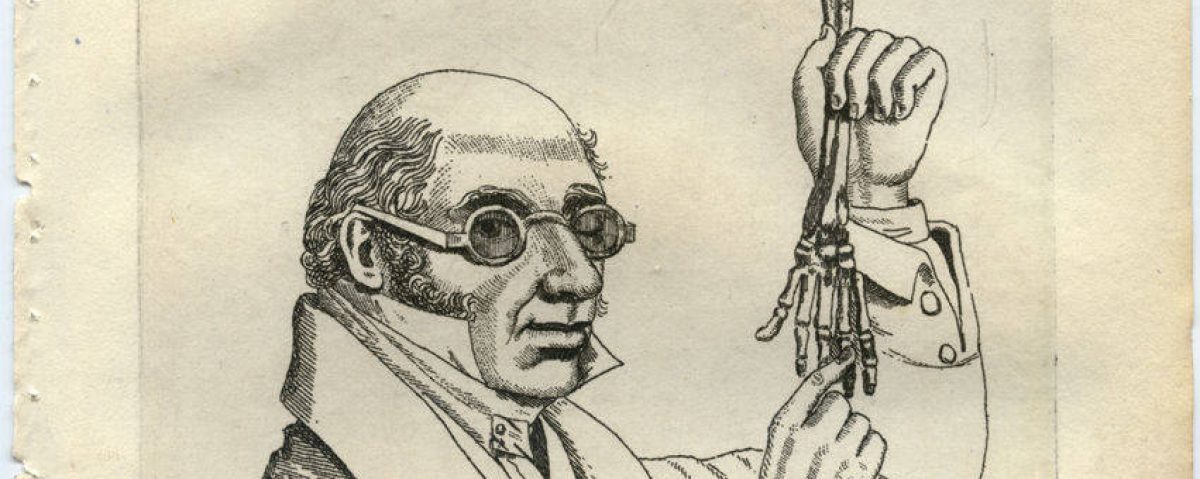When: 11/15 at 11:00am
Where: Sykes Lounge, once you enter through the front make a right and it’ll be there
Discussion: As the second writing project of the semester comes to a close it’s only natural to delve a little deeper in the form of a group discussion about the outcome of the paper, the topics chosen, and the details each one of us incorporated with our essays. With the discussion it’d be preferred if we were to talk about the topics presented to us for the essays, mainly Education beyond the classroom as it seems a good number of us had decided to form our projects off the topic however if someone wants to talk about another topic, perhaps the one they selected then this is alright.
